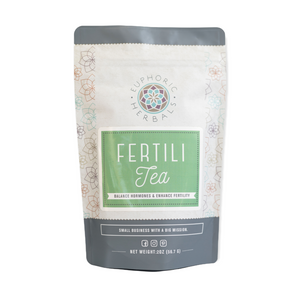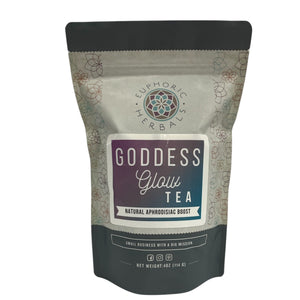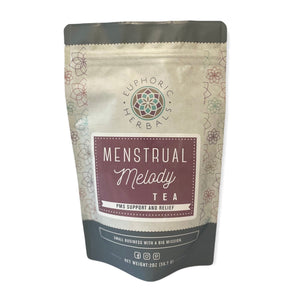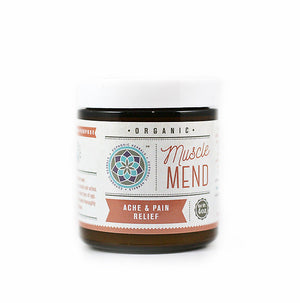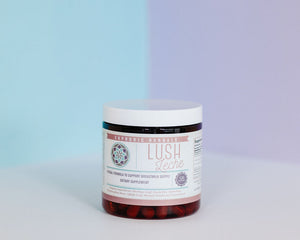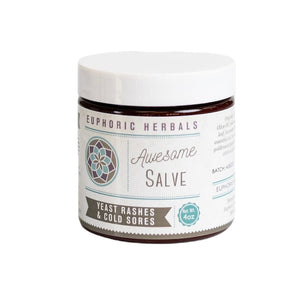As autumn fades and winter arrives, we step into what many call “cold and flu season.” This time of year brings cozy sweaters, warm drinks, and holiday cheer but it also ushers in an increase in viral infections that can disrupt our routines. Instead of waiting until symptoms strike, more people are looking for natural immune boosters to prepare their bodies for seasonal challenges.
Herbs such as elderberry and echinacea have long been trusted allies in preventative care. Their history spans centuries of traditional use, and modern studies are now validating what herbalists have known all along: plants can play a significant role in supporting immune resilience.
This guide explores the science, traditions, and practical tips for incorporating herbal allies into your life so you can step into cold season feeling prepared and protected.
Why Immunity Matters in Cold Season
Cold season is not just a random occurrence it’s a combination of environmental, social, and biological factors:
-
Indoor Crowding: Shorter days and colder weather drive us indoors, often into close proximity with others, creating ideal conditions for viruses to spread.
-
Dry Air: Low humidity can dry out the mucous membranes in the nose and throat, making it easier for viruses to enter and infect the body.
-
Immune Slowdown: Research suggests that cooler temperatures can impact how our immune cells function, potentially making it harder for the body to fight off invaders.
A healthy immune system is like a personal security team identifying, targeting, and neutralizing threats before they can cause harm. During the colder months, when your exposure risk is higher, fortifying this system is especially important.
Signs Your Immunity May Need a Boost
-
Frequent colds or infections
-
Slow wound healing
-
Persistent fatigue
-
Digestive issues (since much of the immune system is located in the gut)
-
High stress levels
Recognizing these early signs can help you take action before illness becomes a bigger issue.
Top Herbal Immune Boosters
Elderberry
Botanical Name: Sambucus nigra
Traditional Use: Used for centuries in European and Native American medicine to treat colds, flu, and respiratory infections.
Nutritional Profile:
-
Rich in vitamin C -essential for immune cell production
-
Packed with flavonoids like anthocyanins, which have antioxidant and anti-inflammatory effects
-
Contains dietary fiber to support gut health, which in turn supports immunity
Modern Research Highlights:
-
A 2016 meta-analysis found that elderberry supplementation reduced cold duration by an average of four days.
-
Compounds in elderberry appear to inhibit certain viral proteins, making it harder for viruses to infect cells.
How to Use:
-
Syrup: Popular for daily use during cold season.
-
Tea: Steep dried elderberries with cinnamon and ginger for a warming, immune-supportive drink.
-
Gummies or Lozenges: Great for travel or on-the-go immunity.
Safety Note: Raw elderberries can cause nausea or vomiting; always use cooked or prepared forms.
Echinacea
Botanical Name: Echinacea purpurea, Echinacea angustifolia, or Echinacea pallida
Traditional Use: Indigenous peoples of North America used echinacea for wound healing, snakebites, and infections.
Active Compounds:
-
Alkamides - modulate immune cell activity
-
Polysaccharides - stimulate the production of infection-fighting white blood cells
-
Glycoproteins -support cellular defense mechanisms
Modern Research Highlights:
-
A 2014 Cochrane review found that echinacea can reduce the risk of catching a cold and may shorten its duration.
-
Some studies show increased activity of natural killer (NK) cells, which target infected cells.
How to Use:
-
Tea: Enjoy daily during high-risk months.
-
Tincture: Potent, concentrated form for rapid absorption.
-
Capsules: Convenient for consistent dosing.
Best Practices: Cycle echinacea use (e.g., two weeks on, one week off) to maintain effectiveness.
Prevention Tips for Seasonal Wellness
Herbal allies work best when paired with lifestyle habits that support immunity year-round:
1. Nourish with Whole Foods
-
Eat a rainbow of vegetables for a wide range of vitamins and antioxidants.
-
Include zinc-rich foods like pumpkin seeds, chickpeas, and cashews to help immune cells function properly.
-
Consume fermented foods (yogurt, sauerkraut, kimchi) to maintain gut microbiome balance.
2. Stay Hydrated
Aim for 8–10 cups of water daily. Herbal teas count toward your hydration goal - consider blends with ginger, chamomile, or peppermint.
3. Prioritize Restorative Sleep
Deep sleep is when your body produces cytokines proteins crucial for fighting infections. A consistent bedtime routine can improve sleep quality.
4. Move Your Body
Moderate exercise boosts immune surveillance. Activities like brisk walking, yoga, or cycling 3–5 times per week are ideal.
5. Manage Stress Levels
Chronic stress elevates cortisol, which can suppress immunity. Practices such as meditation, breathing exercises, or even short daily nature walks can lower stress.
How to Incorporate Herbs into Your Routine
Creating a daily herbal ritual not only supports immunity but also fosters a sense of calm and wellness.
Morning:
-
A teaspoon of elderberry syrup mixed into warm lemon water for a gentle, vitamin-rich start.
Afternoon:
-
Brew echinacea tea with honey to support immune defense through the day.
Evening:
-
Add ginger and turmeric to dinner recipes for added anti-inflammatory benefits.
Travel Days:
-
Carry echinacea capsules and elderberry lozenges to protect against exposure in crowded places.
Weekly:
-
Make a large batch of herbal tea concentrate (elderberry, echinacea, ginger) to sip throughout the week.
Conclusion
Seasonal illnesses are a natural part of life, but that doesn’t mean we’re powerless against them. By combining time-honored herbal remedies like elderberry and echinacea with smart lifestyle choices, we can strengthen our immunity and approach cold season with confidence.
Preventative care is more than a health strategy it’s an act of self-respect. By nurturing your body daily, you give yourself the best chance to enjoy the colder months with energy, vitality, and peace of mind.
Our herbalists are here to help! Contact us today and discover the perfect herbal allies for your seasonal wellness plan.
Frequently Asked Questions (FAQs)
Q1: How long does it take for natural immune boosters to work?
Herbal remedies like elderberry and echinacea can begin supporting the immune system within days, but their benefits are most noticeable when used consistently as part of a preventative routine.
Q2: Can I take elderberry and echinacea together?
Yes. Many people use these herbs together, as they support immunity in different ways elderberry with its antiviral properties and echinacea with immune cell activation.
Q3: Are natural immune boosters safe for children?
Many herbal remedies can be safe for children when taken in age-appropriate doses, but always consult a healthcare provider before starting any supplement, especially for young children.
Q4: Do I still need vaccines if I use natural immune boosters?
Yes. Herbal remedies support immune health but do not replace vaccinations, which provide targeted protection against specific illnesses.
Q5: Can I use these herbs year-round?
Elderberry can be used year-round for general wellness. Echinacea is typically cycled (e.g., two weeks on, one week off) to maintain effectiveness.






















































